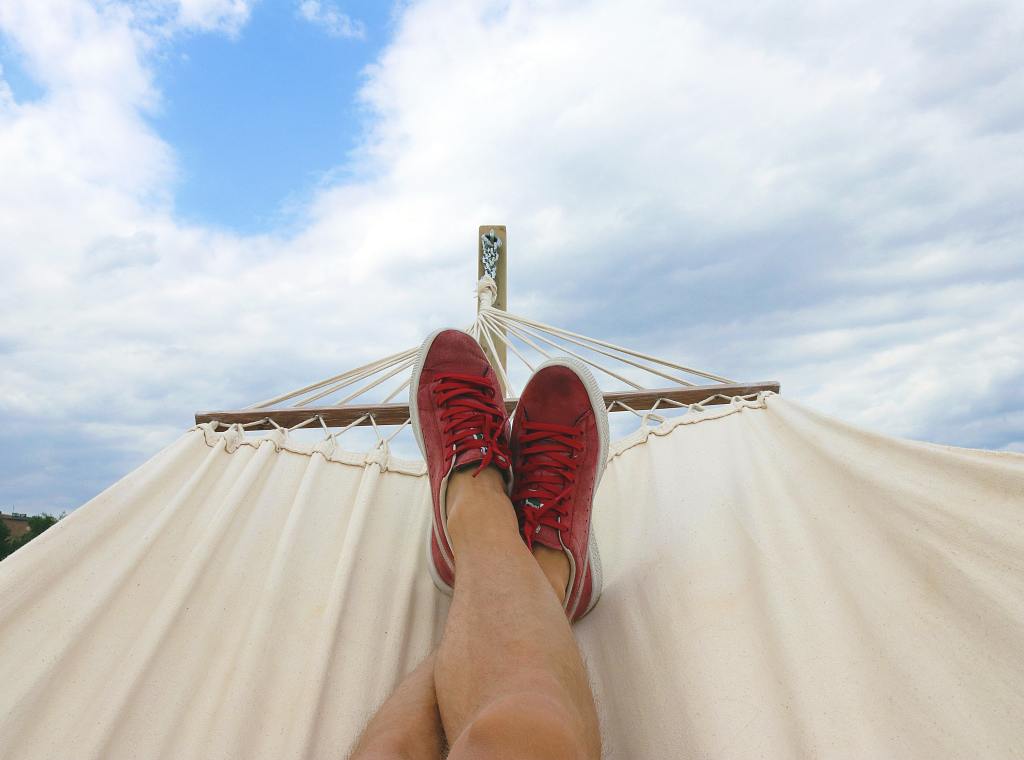
By some accounts, “workaholic” was the second widespread “addiction” to be identified in a public forum (Alcoholics Anonymous was founded in 1935 to deal with the first.) Pastor and psychologist Wayne Oates wrote an article on the subject in 1968, followed by his book Confessions of a Workaholic in 1971. Although National Workaholics Day is a tongue-in-cheek holiday, there is a serious organization dedicated to helping sufferers – Workaholics Anonymous. Their website (www.workaholics-anonymous.org) has a helpful quiz to identify workaholics, including questions such as:
- Have your family or friends given up expecting you on time?
- Do you take on extra work because you are concerned that it won’t otherwise get done?
- Do you believe that it is okay to work long hours if you love what you are doing?
- Do you think about your work while driving, falling asleep or when others are talking?
“Yes” answers may mean that you need help, according to the organization, which was founded in 1983 by a New York corporate financial planner and a school teacher, who had been “hopeless” work addicts. The steps to recovery mirror the Alcoholics Anonymous 12-step process.
Workaholism seems to be a uniquely American affliction. We hear a lot about how Americans work more than Europeans, who are held up as an example of living well. According to Forbes.com, the average American works 25 hours a week; the average Frenchman 18; the average Italian about 16.5. The British come closest to our idea of full employment, logging an average of 21.5 hours per week. Our vacations are much shorter than the typical European’s as well; the U.S. worker takes 16 days of vacation each year, less than half that typically taken by the Germans (35 days), the French (37 days) or the Italians (42 days), according to a recent Wall Street Journal opinion page essay.
Some people attribute our American work ethic to our Puritan ancestors. There was no free lunch in the New World – you ate only when you were productive and had shelter only when you built a home. Our culture, perhaps more than any other in the world, views your career as an essential element of who you are. “What do you do?” is one of the first questions an American will ask another socially – a question that would be considered impertinent in other cultures.
Americans take pride in working hard and firmly believe that their work is tied to their social and economic success. Voting on the “Most Likely to Succeed” has been a tradition in our schools for over a century. We read the articles comparing the American and European work ethics with pride; we brag about skipping lunch and working more hours than our peers.
For every proud workaholic, there is of course his counterpart, sitting at home in his bunny slippers. CLAWS (Creating Livable Alternatives to Wage Slavery) was founded by D.J. Swanson in the late 1990’s to bring together people who just weren’t that interested in a career. They prefer the term “job-free” to “unemployed,” which has too many negative connotations, according to the founder. CLAWS main purpose is “to encourage people to value leisure, re-think the Puritan work ethic… and to promote viable alternatives to wage slavery.”
The site promotes alternatives to full-time jobs and advocates on behalf of people who feel marginalized because of their attitudes about work and money. CLAWS’s founder is no longer affiliated with the site – she had to leave in good conscience when its upkeep began to feel like work. According to its online manifesto, while CLAWS is not against ‘work’ per se, they do “feel it is time to question our outdated belief in the ‘work ethic’ and scrutinize this whole business of ‘making a living.’”
I could not find the origin of National Workaholics Day, but this year, it follows a national holiday on Monday. For the record, I’m taking the day off.